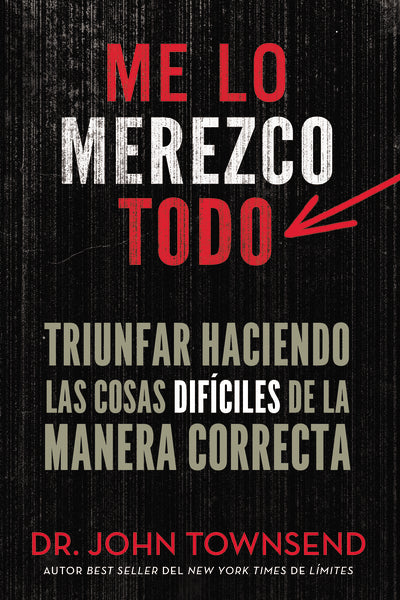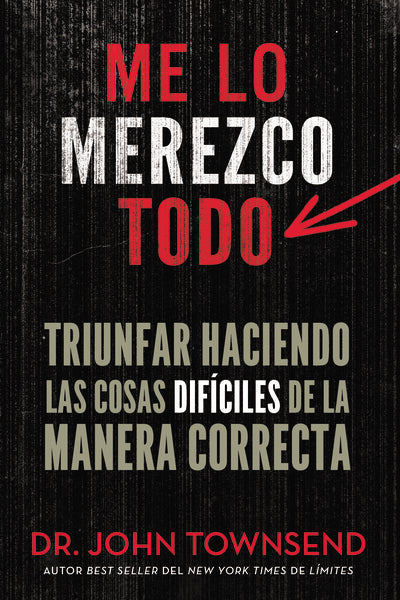Me lo merezco todo: Triunfar haciendo las cosas difíciles de la manera correcta
product type
- $12.59
- $17.99
How our s work
eBooks purchased here are fulfilled by our partner, Glose. Please note that:
- For all eBook purchases, you will be prompted to create an account or login with your existing ChurchSource username and password. This ensures accurate delivery of your items.
- To access your eBook(s) after purchasing, you can download the free Glose app or read on your browser by logging into Glose.com. To log in, select OTHER SIGN IN/LOGIN OPTIONS and then click SIGN IN/LOG IN WITH HARPERCOLLINS, using the same email address and password used for your ChurchSource account.
- eBooks fulfilled through Glose cannot be printed, downloaded as PDF, or read in other digital readers (like Kindle or Nook).
- eBooks fulfilled through Glose may take up to an hour to appear in your Glose library.
- For more information about how to access eBooks purchased on ChurchSource, click here for our FAQs.
Streaming Video purchased here is fulfilled by our partner, Study Gateway. Please note that:
- For all Streaming Video purchases, you will be prompted to create an account or log in with your existing ChurchSource username and password. This ensures accurate delivery of your items.
- To access your Streaming Video after purchasing, you can view instantly on your browser on StudyGateway.com. You will receive an email after your purchase with specific instructions on how to view your video.
- Streaming Video fulfilled through Study Gateway cannot be downloaded for viewing in other digital apps like YouTube or Vimeo.
For more information about how to access our Streaming Videos, please see our FAQs




